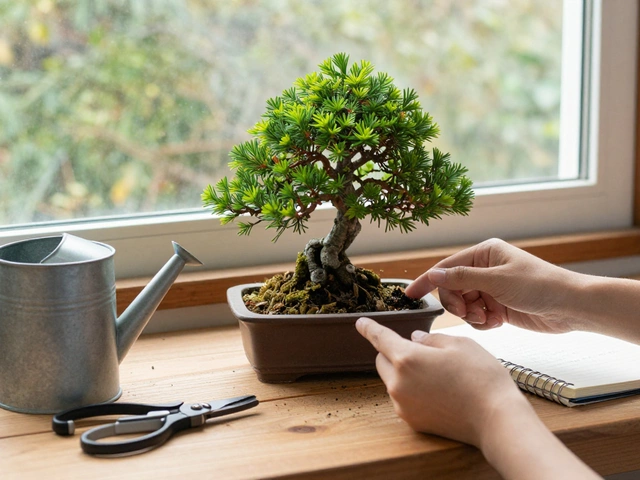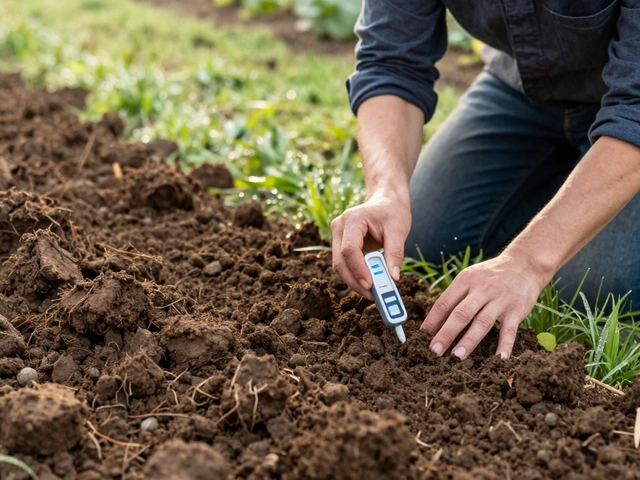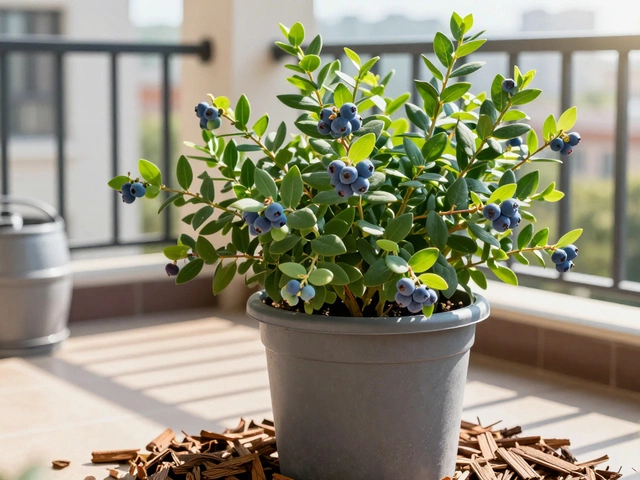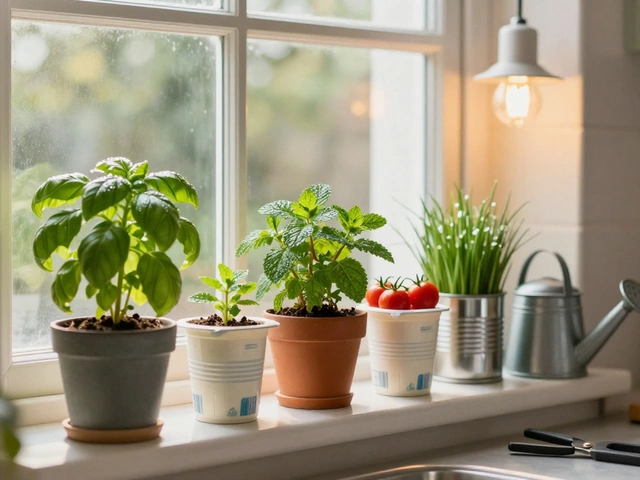Natural Farming: Simple, Smart Ways to Grow Food Without Chemicals
When you hear natural farming, a way of growing food that works with nature instead of fighting it, using no synthetic fertilizers or pesticides. Also known as zero-budget farming, it’s not just a trend—it’s how farmers in India have grown food for centuries before chemicals took over. This method doesn’t need expensive inputs. It uses what’s already around: cow dung, crop waste, local microbes, and rainwater. The goal? Healthy soil, strong plants, and food that doesn’t cost the earth—literally.
What makes natural farming different isn’t just what you don’t use—it’s what you do. You build soil health, the living foundation of any garden, made up of microbes, fungi, and organic matter that feed plants naturally by layering compost and mulch instead of tilling. You control pest control, keeping insects away without sprays, using neem oil, garlic spray, or planting repellent crops like marigolds the way nature intended. And you recycle everything—leftover leaves become mulch, kitchen scraps turn into compost, and rainwater gets stored in simple pits or barrels. It’s low-tech, low-cost, and surprisingly powerful.
You don’t need a big plot to start. Even a balcony or rooftop can become a natural farm. The posts below show you exactly how—whether you’re fixing compacted soil with compost, making your own fertilizer from kitchen waste, or using neem oil to stop pests without killing bees. Some gardeners in India are growing durian or jasmine using these methods. Others are saving water with mulch instead of drip systems. Every post here is a real-world fix, not theory. No jargon. No fluff. Just what works on the ground, in India’s heat, rain, and seasonal swings.
What you’ll find here isn’t a lecture on sustainability. It’s a toolbox. You’ll learn how to turn tired soil into fertile ground, how to tell if your plants are getting too much water, and which plants actually thrive without chemicals. If you’ve ever wondered if you can grow food without buying bags of fertilizer or spraying pesticides, the answers are right here—tested, proven, and ready to use.
Explore practical, science-backed alternatives to pesticides. Discover eco-friendly solutions, expert tips, and real-life examples that help farms thrive safely.
Continue reading...





